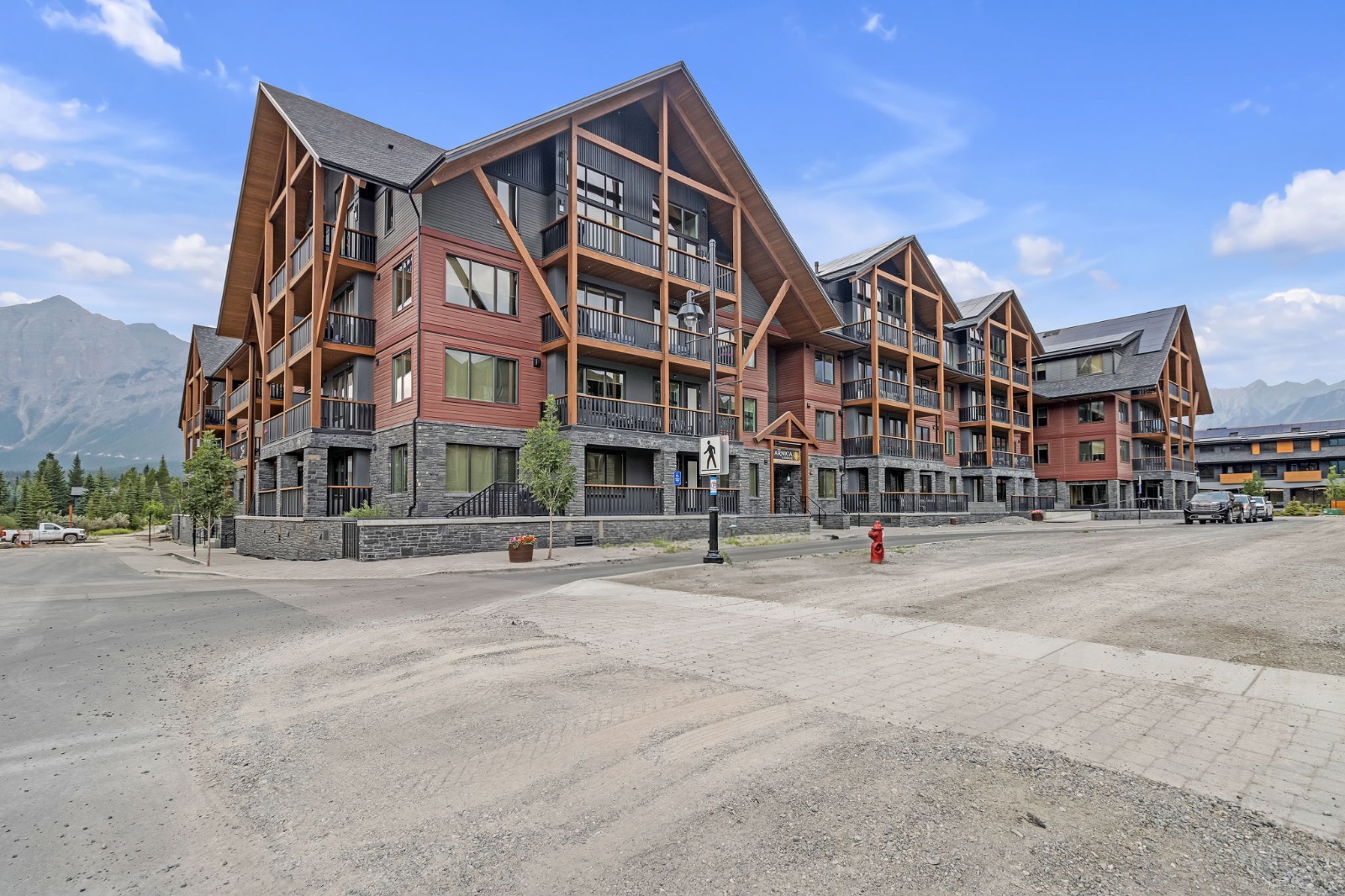Buying a house is a pivotal life decision, often accompanied by excitement and trepidation. Whether you are a first-time buyer or looking to upgrade your living situation, understanding the housing market is essential. This guide will explore the various types of houses for sale, the home-buying process, important tips for prospective buyers, and key considerations to ensure you make an informed decision.
Types of Houses for Sale
When searching for houses for sale, you’ll encounter a diverse array of options. Understanding the different types can help you determine which best suits your needs.
1. Single-Family Homes
Single-family homes are standalone structures designed for one household. They typically offer a private yard, garage, and more space compared to other types of housing. This type of home is ideal for families or individuals who value privacy and outdoor space. While maintenance responsibilities are higher, single-family homes generally appreciate in value and provide a stable long-term investment.
2. Townhouses
Townhouses are multi-story homes that share walls with adjacent properties. They usually feature a small yard or patio and are often part of a community with shared amenities. Townhouses strike a balance between the space of a single-family home and the convenience of a condominium. However, they often come with homeowners association (HOA) fees, which cover maintenance and community services. It’s important to review these fees and the HOA’s regulations before making a decision.
3. Condominiums (Condos)
Condos are individual units within a larger building or complex. Owners share common areas, such as gyms, pools, and outdoor spaces. Condominiums appeal to first-time buyers, retirees, and those seeking low-maintenance living. While you benefit from shared amenities, it’s crucial to consider the HOA fees and rules, which can impact your lifestyle.
4. Multi-Family Homes
Multi-family homes contain multiple living units, making them attractive for investors or families wanting to live close together. These properties can generate rental income, offering a potential return on investment. However, owning a multi-family home comes with added responsibilities, including property management and maintenance.
5. Luxury Homes
Luxury homes are high-end properties featuring premium finishes, spacious layouts, and upscale amenities. These homes are typically located in prestigious neighborhoods and cater to affluent buyers seeking exclusivity and comfort. Features may include gourmet kitchens, expansive outdoor spaces, and advanced technology. If you’re considering a luxury home, be prepared for higher maintenance costs and property taxes.
6. Vacation Homes
Vacation homes are purchased primarily for recreational use, often in popular tourist destinations. Buyers may choose to rent out these properties when not in use, providing additional income. When looking for a vacation home, evaluate its rental potential, maintenance costs, and proximity to local attractions.
The Home Buying Process
Understanding the home-buying process is crucial for making informed decisions. Here’s a step-by-step guide to help you navigate your journey:
1. Assess Your Finances
Before you begin your search for houses for sale, evaluate your financial situation. Determine how much you can afford by considering your income, savings, debts, and monthly expenses. Generally, housing costs should not exceed 28% to 30% of your gross monthly income. Consider your down payment options; while 20% is standard, various programs are available for lower down payments.
2. Get Pre-Approved for a Mortgage
Obtaining a mortgage pre-approval is an essential step in the buying process. A lender will review your financial history, credit score, and income to determine how much you can borrow. Having a pre-approval letter not only helps you understand your budget but also demonstrates to sellers that you are a serious buyer, giving you a competitive edge in a crowded market.
3. Define Your Home Criteria
Create a list of must-haves and nice-to-haves for your new home. Consider factors such as the number of bedrooms and bathrooms, preferred location, outdoor space, and proximity to schools and amenities. Prioritizing your needs will help you narrow your search and focus on properties that truly fit your lifestyle.
4. Start Your Search
With your criteria in mind, begin searching for houses for sale. Utilize online platforms like Zillow, Realtor.com, and local MLS websites to explore listings. These sites allow you to filter properties based on your preferences, such as price range, location, and size. Setting up alerts for new listings can keep you informed about the latest opportunities that match your criteria.
Tips for Successful House Buying
Searching for the perfect house can be overwhelming. Here are some tips to help you throughout the process:
1. Attend Open Houses
Open houses provide an excellent opportunity to view properties in person. They allow you to experience the layout and condition of the home and get a sense of the neighborhood. Take notes during your visits to help you remember the details and compare different properties.
2. Work with a Real Estate Agent
Partnering with a knowledgeable real estate agent can significantly enhance your buying experience. An agent can provide valuable insights, help you navigate the market, and guide you through the entire buying process. Look for an agent who is familiar with your target area and has a proven track record.
3. Be Prepared to Make Offers
In competitive housing markets, desirable homes can sell quickly. If you find a property that meets your criteria, be ready to make an offer as soon as possible. Having your pre-approval letter and necessary documentation ready can expedite the process and show sellers that you are a serious buyer.
4. Research Neighborhoods Thoroughly
When considering a house, research the neighborhood thoroughly. Look into local amenities, school ratings, crime rates, and public transportation options. Visit the area at different times of the day to get a sense of the community and ensure it aligns with your lifestyle and preferences.
Key Considerations Before Buying a House
As you approach the end of your search, keep the following considerations in mind:
1. Home Inspections
Once you find a house you want to purchase, schedule a professional home inspection. This assessment will identify any potential issues, such as structural problems, plumbing or electrical concerns, and pest infestations. A thorough inspection can help you avoid unexpected expenses after the purchase and inform your negotiation strategy.
2. Understanding Resale Value
Even if you plan to stay in your new home for many years, consider its potential resale value. Look for houses in established neighborhoods with a history of appreciation. Factors such as location, school districts, and local amenities can significantly impact a house’s future value.
3. Reviewing HOA Regulations
If you’re considering a house in a community with a homeowners association (HOA), carefully review the HOA rules and fees. Understanding what the fees cover and any restrictions that apply to your property can help you avoid conflicts or surprises after moving in.
4. Be Aware of Closing Costs
In addition to the purchase price, be prepared for closing costs, which can range from 2% to 5% of the home’s price. Closing costs may include appraisal fees, inspection fees, title insurance, and attorney fees. Budgeting for these expenses will help you avoid surprises at closing.
Closing the Deal
After successfully navigating the house-buying process, it’s time to finalize the purchase:
1. Making an Offer
Your real estate agent will help you draft a formal offer based on comparable sales and the home’s condition. The offer should specify your proposed purchase price, any contingencies (like a satisfactory inspection), and your desired closing date.
2. Negotiating Terms
After submitting your offer, the seller may accept, reject, or counter it. Be prepared to negotiate terms, including price and repairs. Your agent will guide you through this process, helping you reach a satisfactory agreement.
3. Finalizing Your Mortgage
Once your offer is accepted, work closely with your lender to finalize your mortgage. This includes completing necessary paperwork, verifying your financial situation, and confirming loan details.
4. Closing Day
On closing day, you’ll review and sign various legal documents, including the mortgage agreement and title transfer. Be prepared to pay closing costs, which can include fees for appraisals, inspections, and legal services. After signing, you’ll receive the keys to your new home!
Conclusion
The journey to finding houses for sale can be an exciting and fulfilling experience. By understanding the various types of houses available, the buying process, and essential tips for success, you can navigate the real estate market with confidence. Take the time to assess your needs, conduct thorough research, and seek professional guidance to ensure you find a home that fits your lifestyle and budget. With the right preparation and support, your dream of homeownership can become a reality.
REad more: https://relxnn.com/









